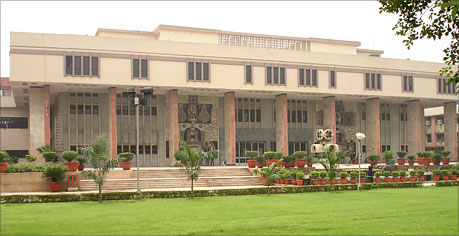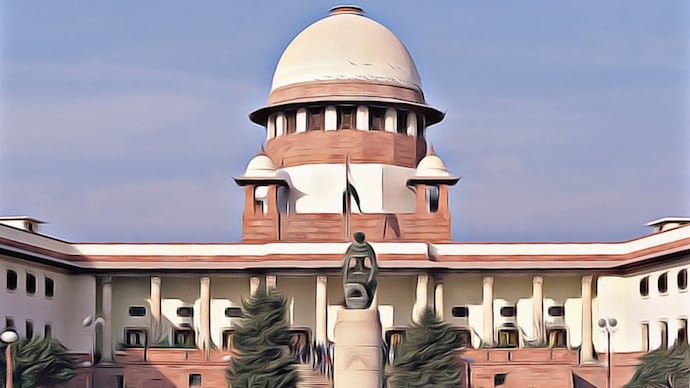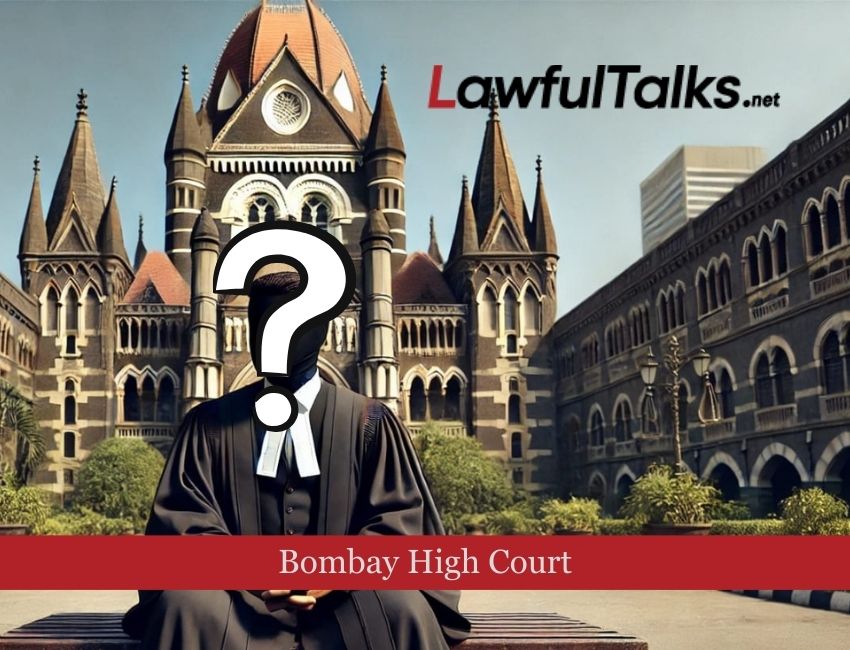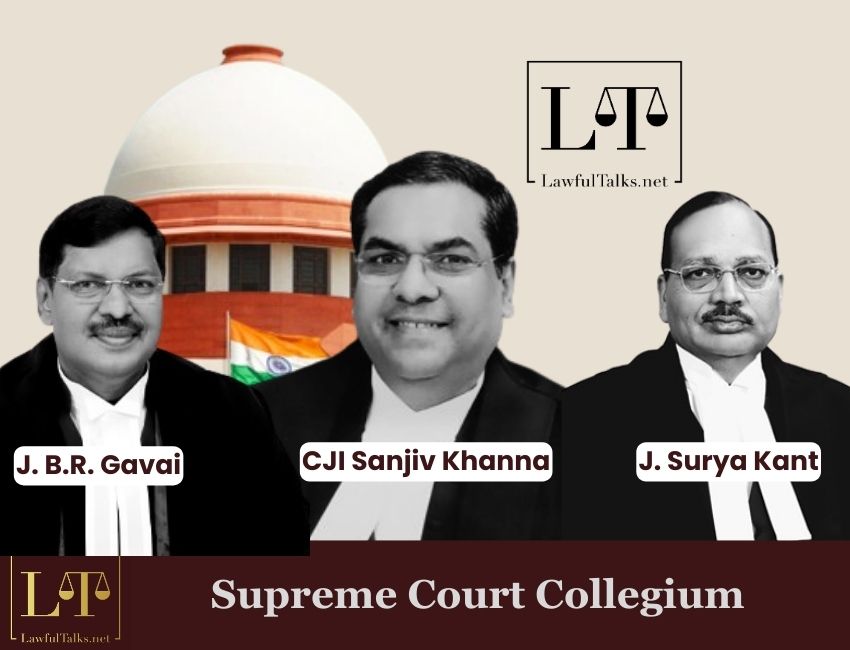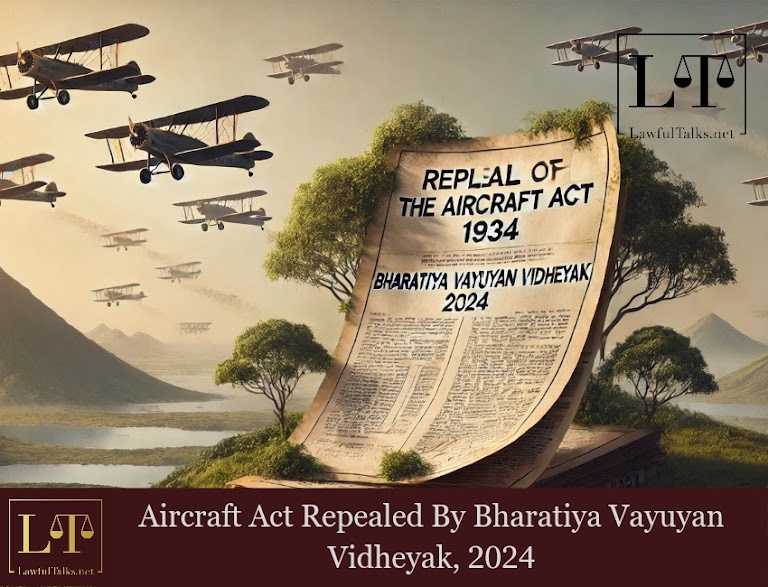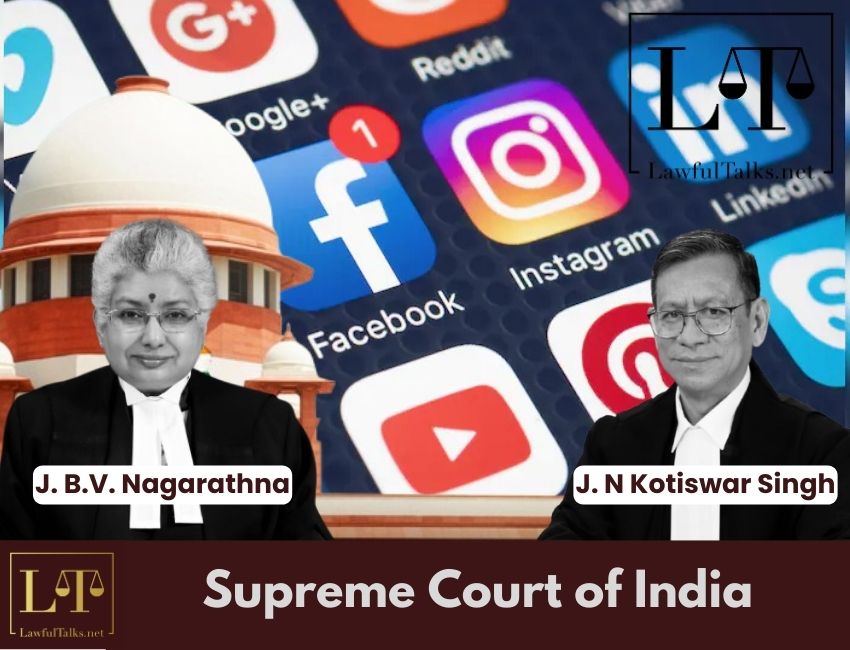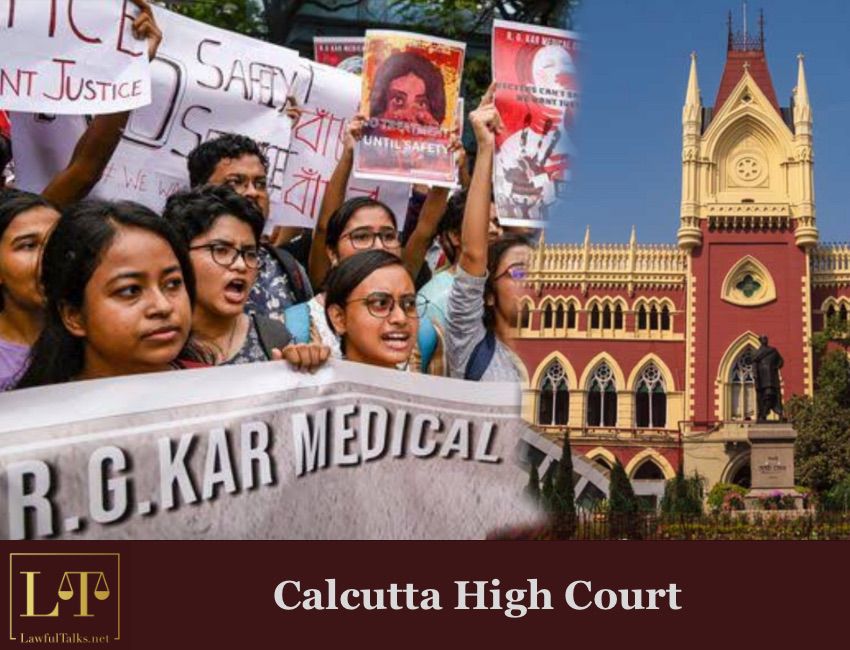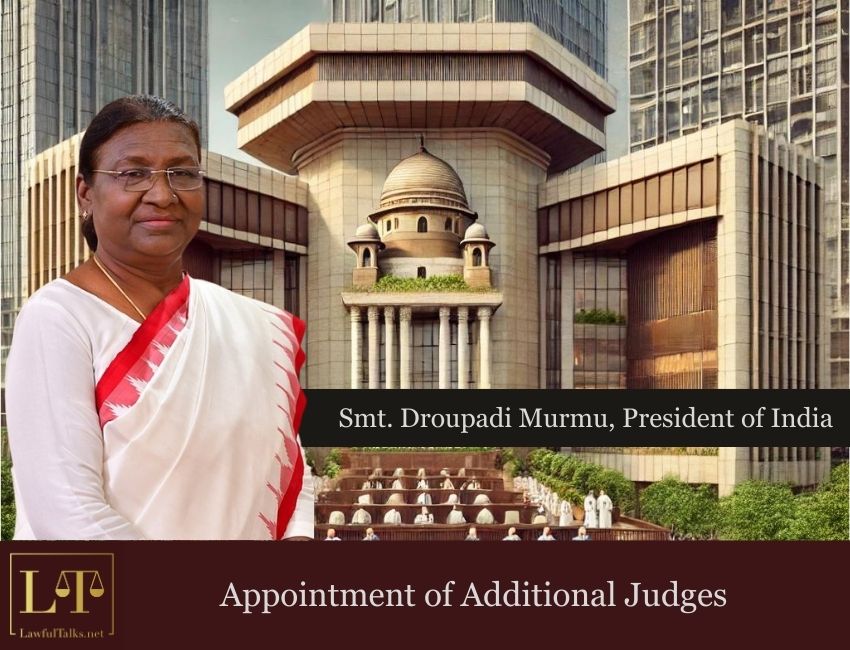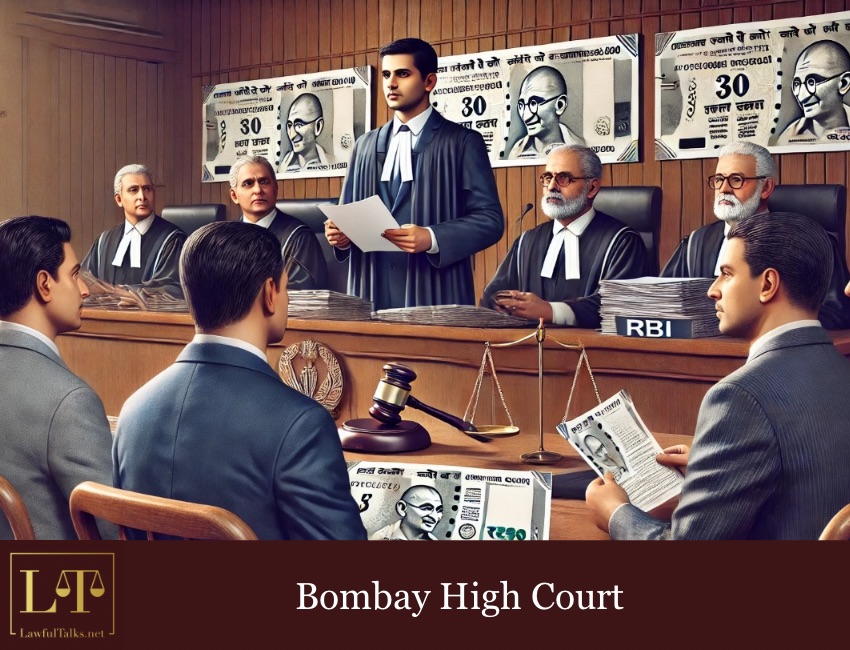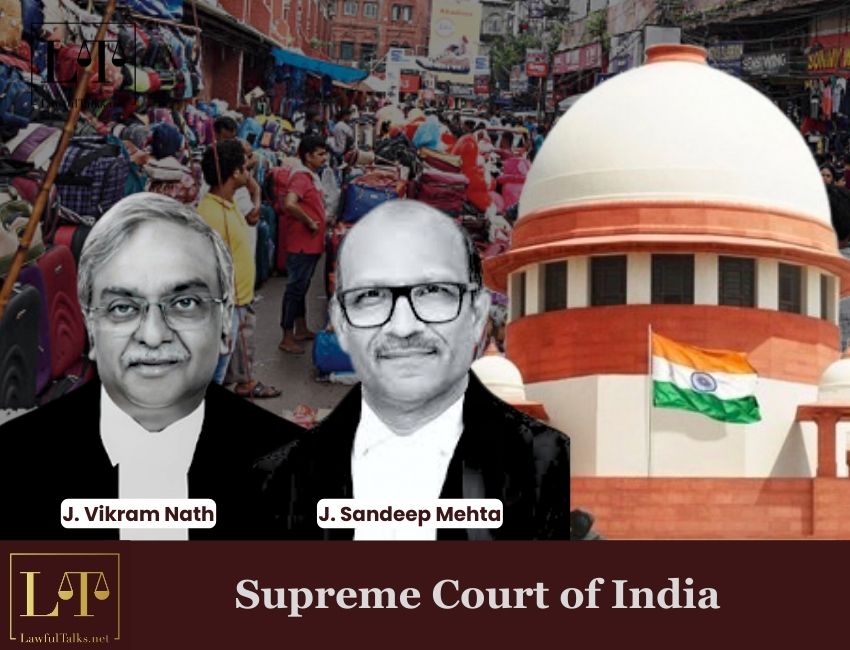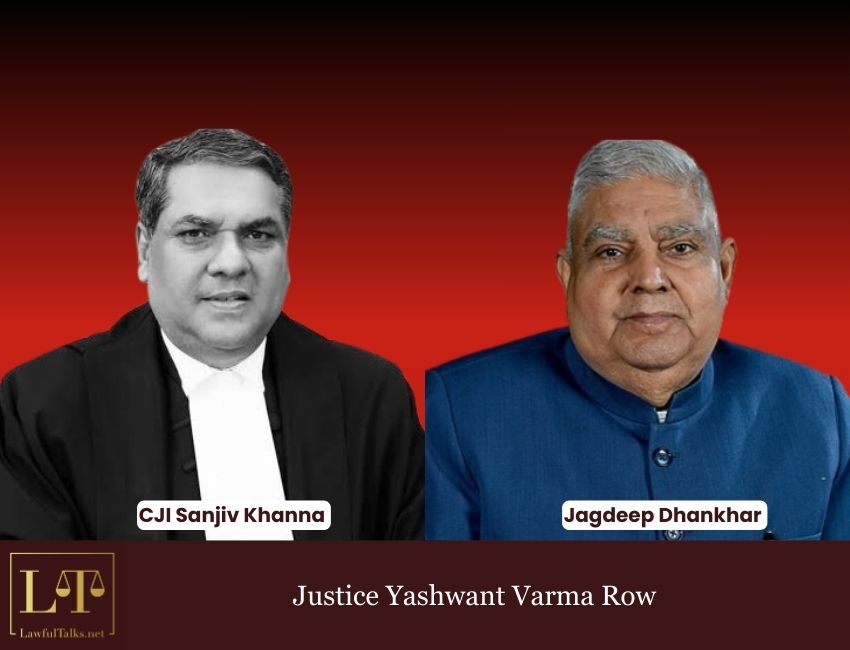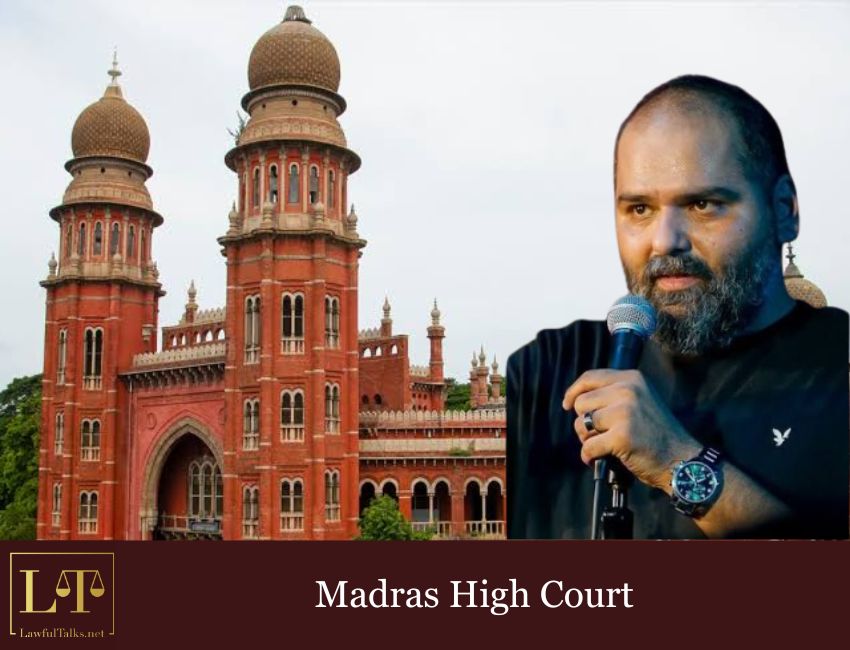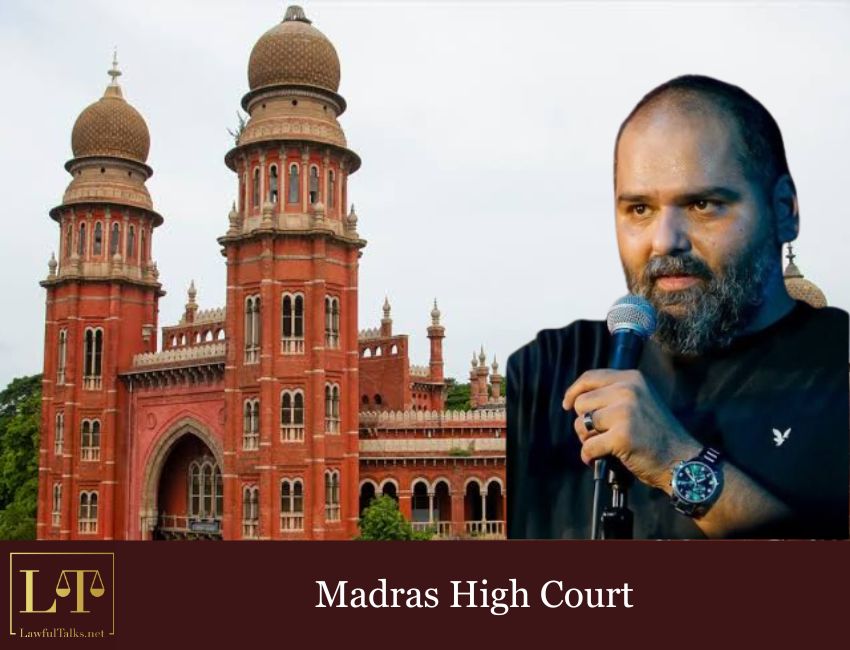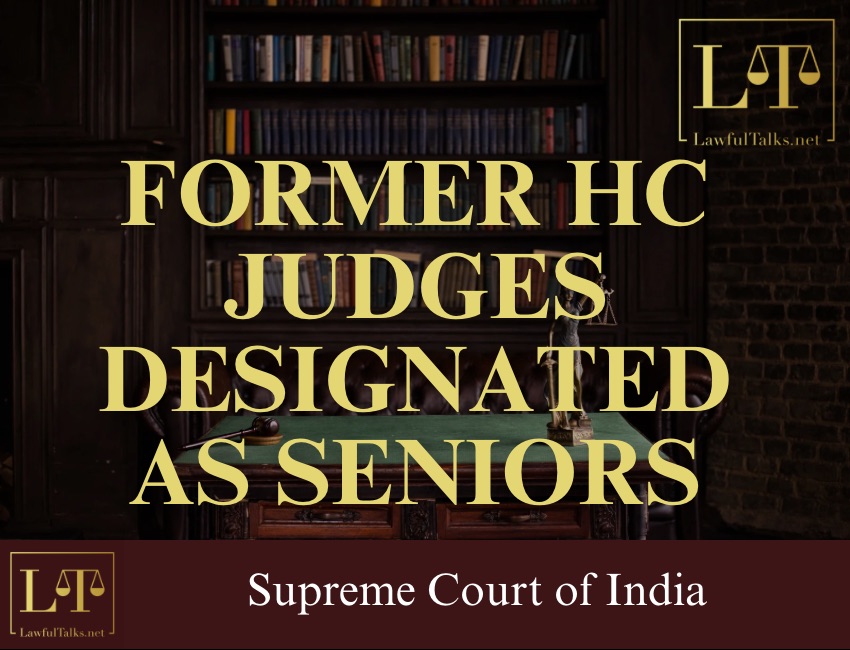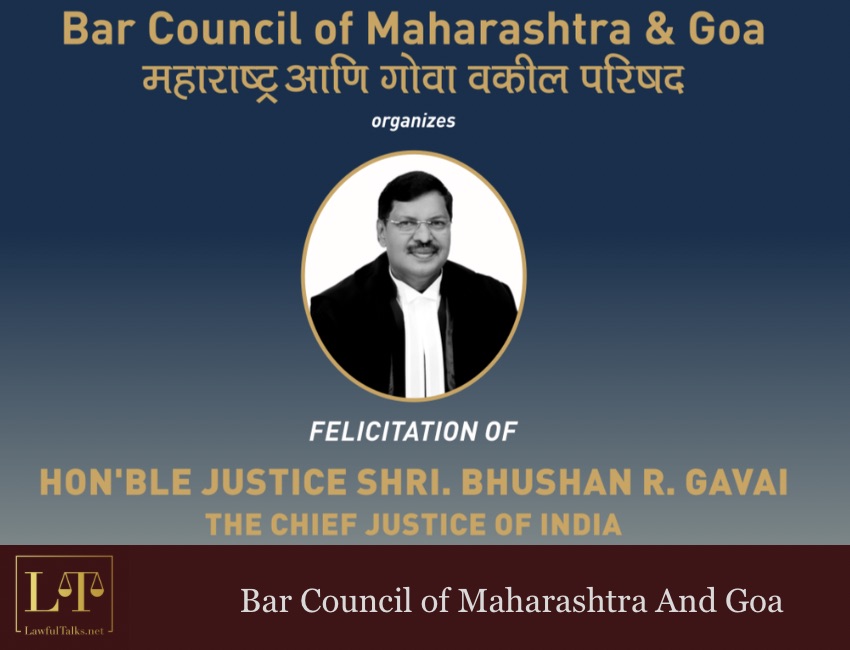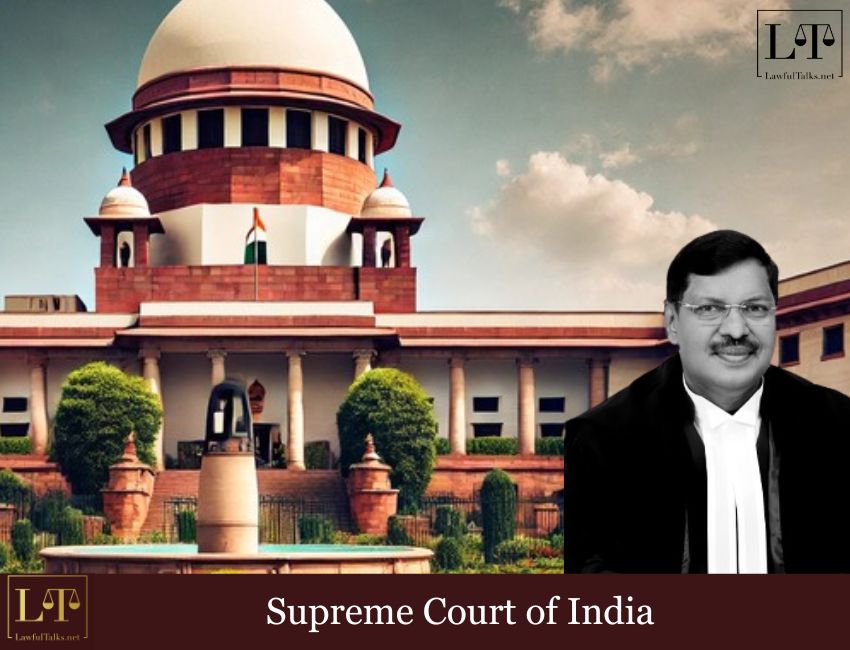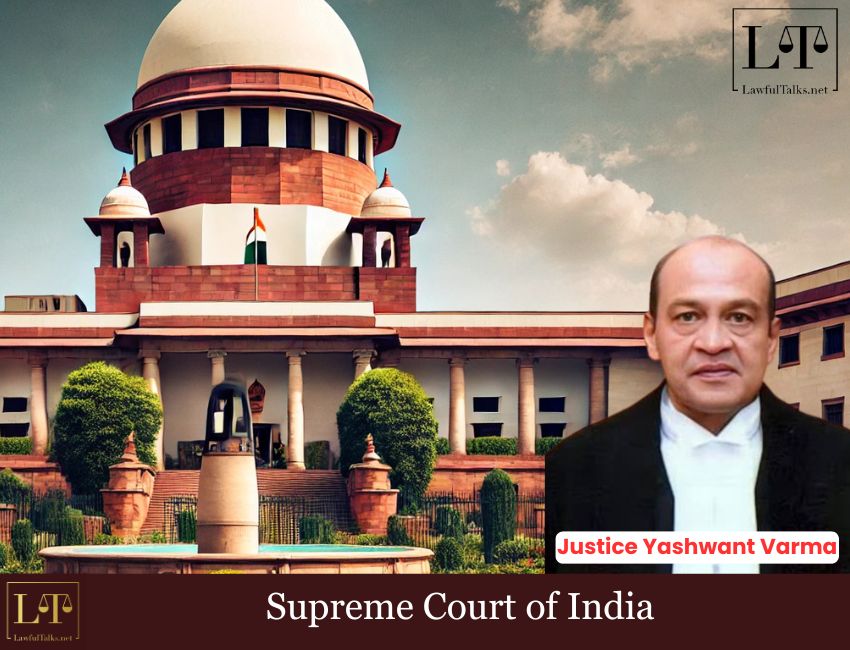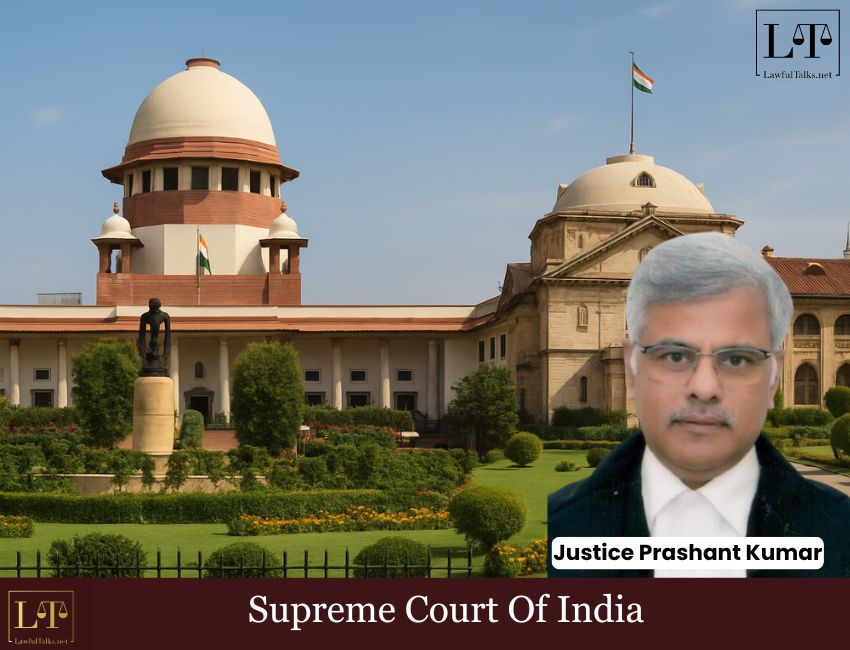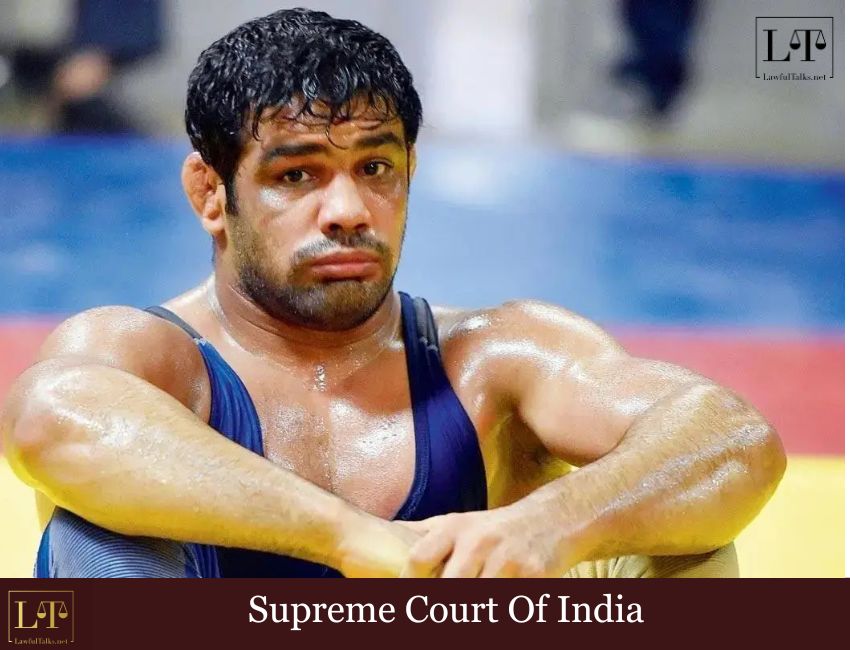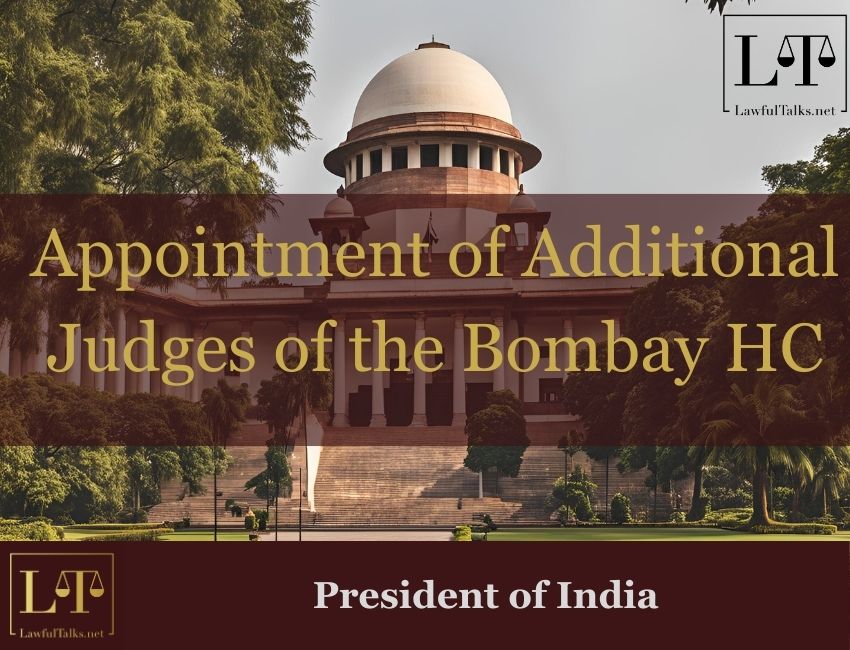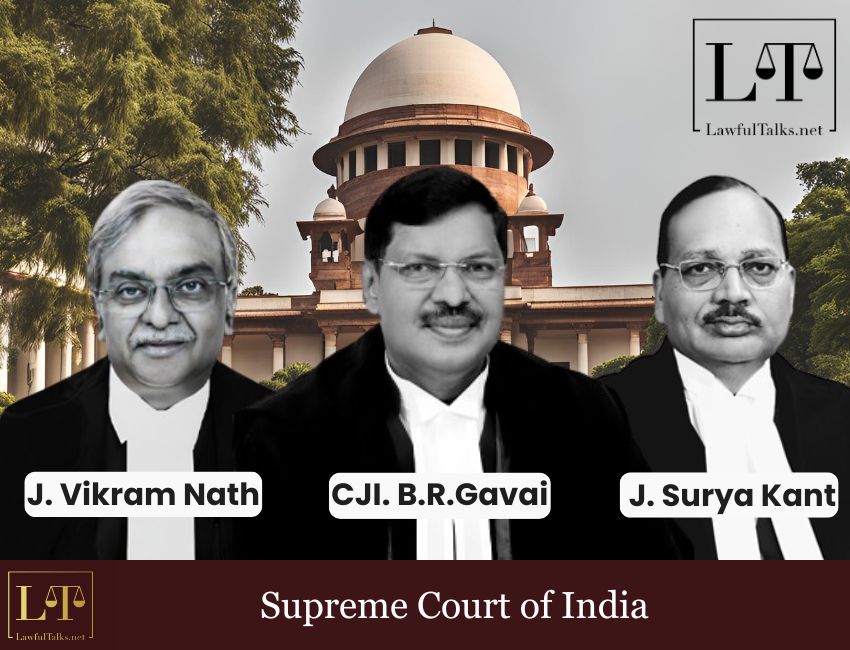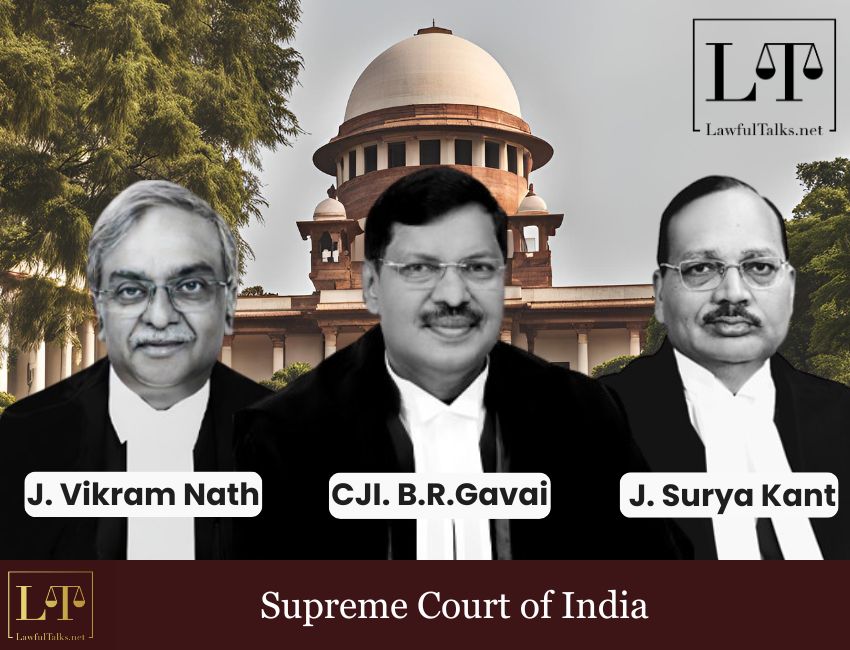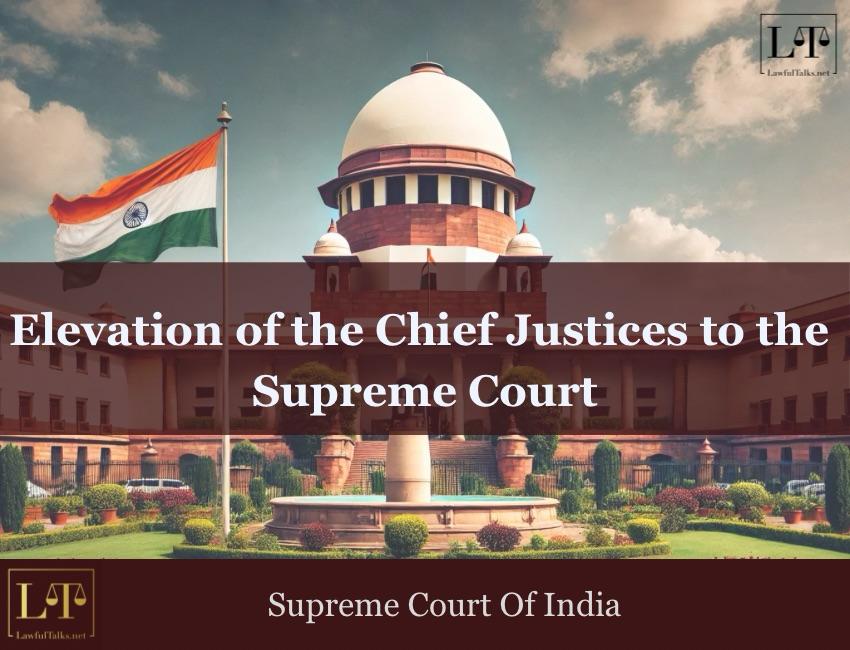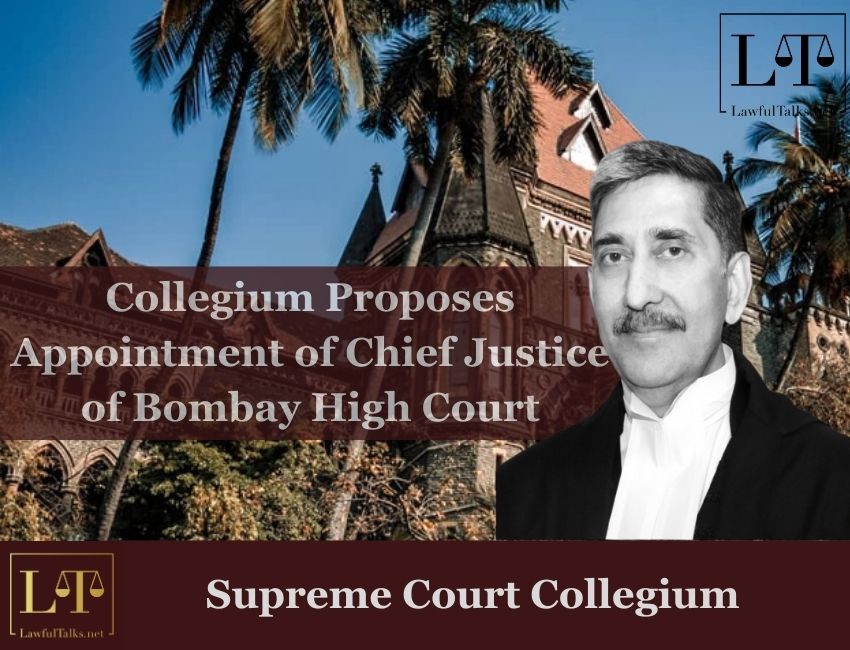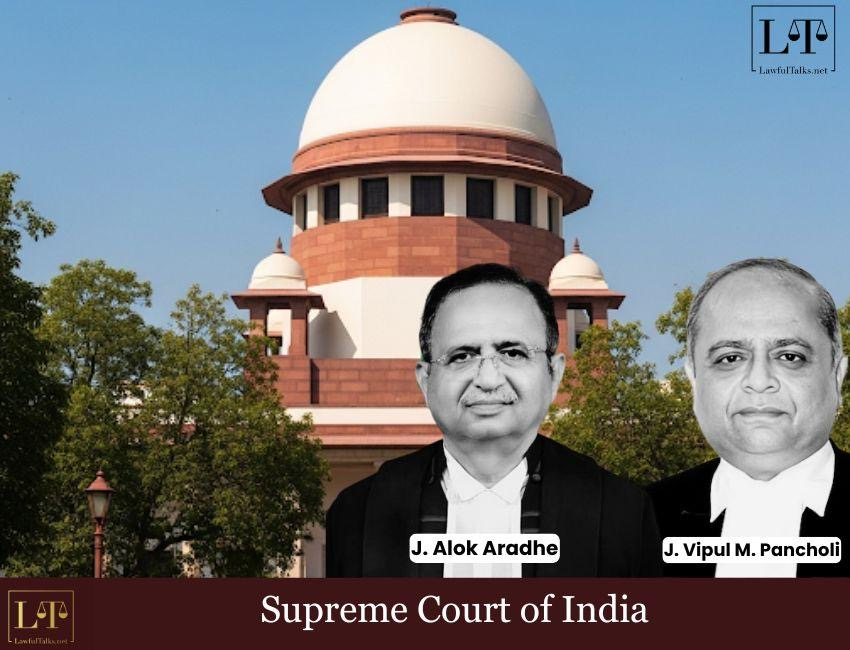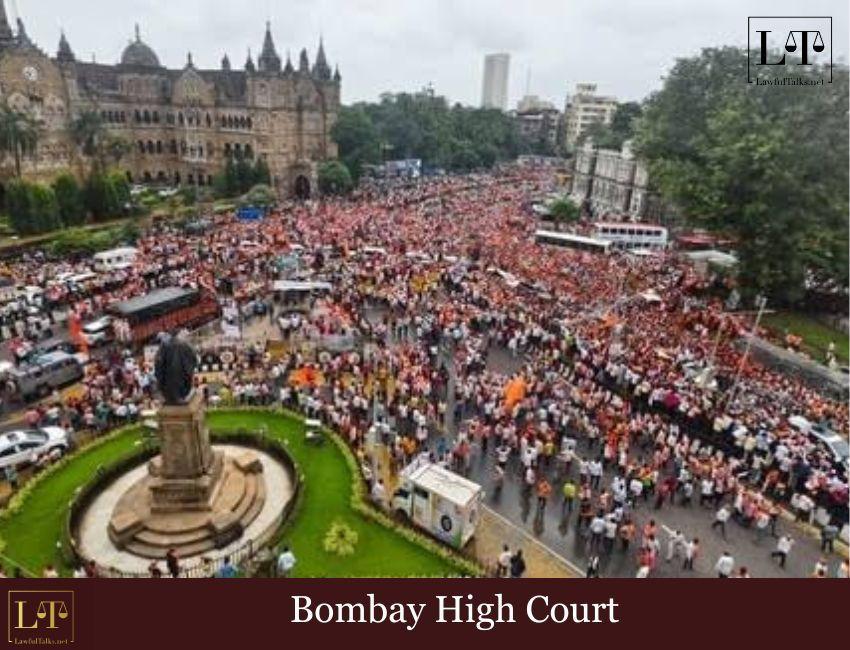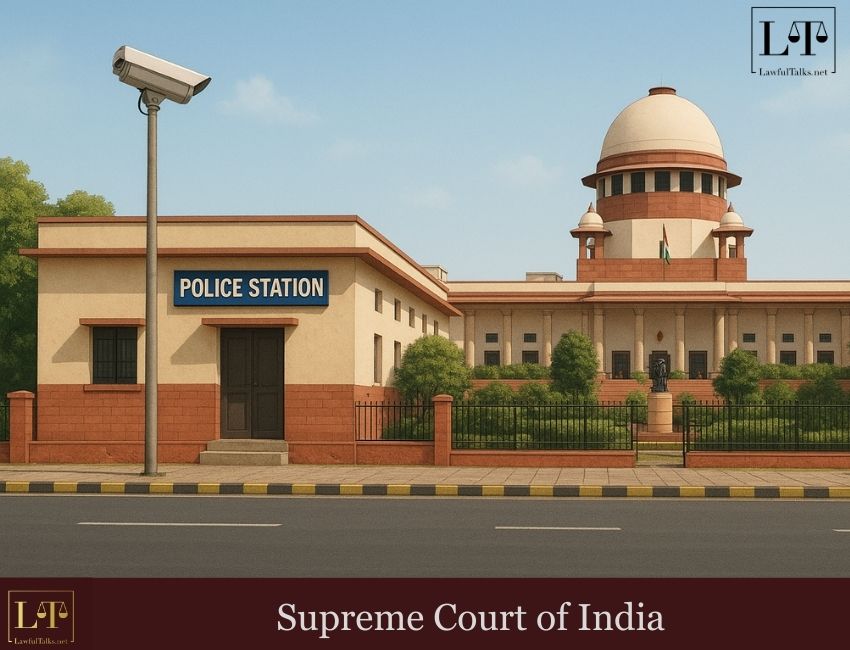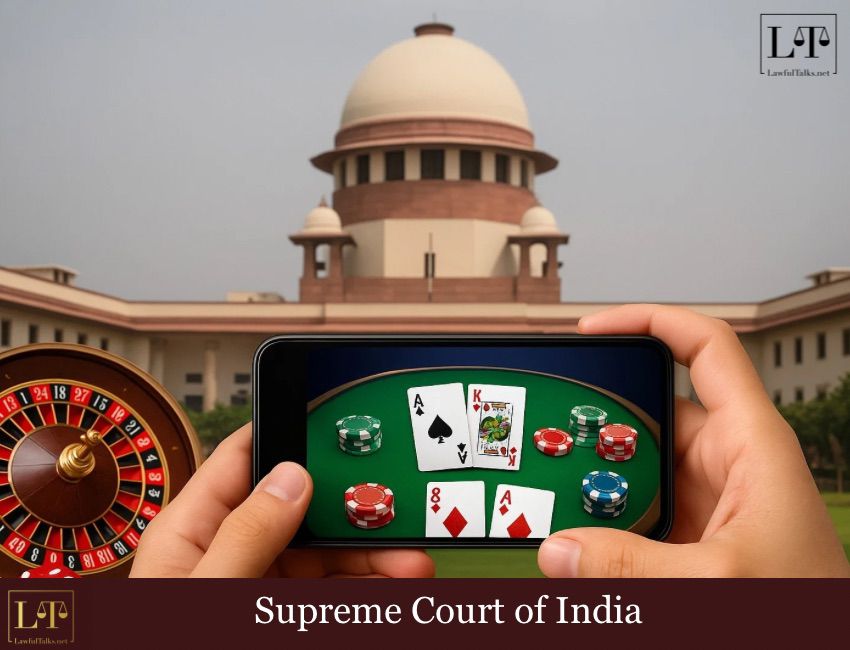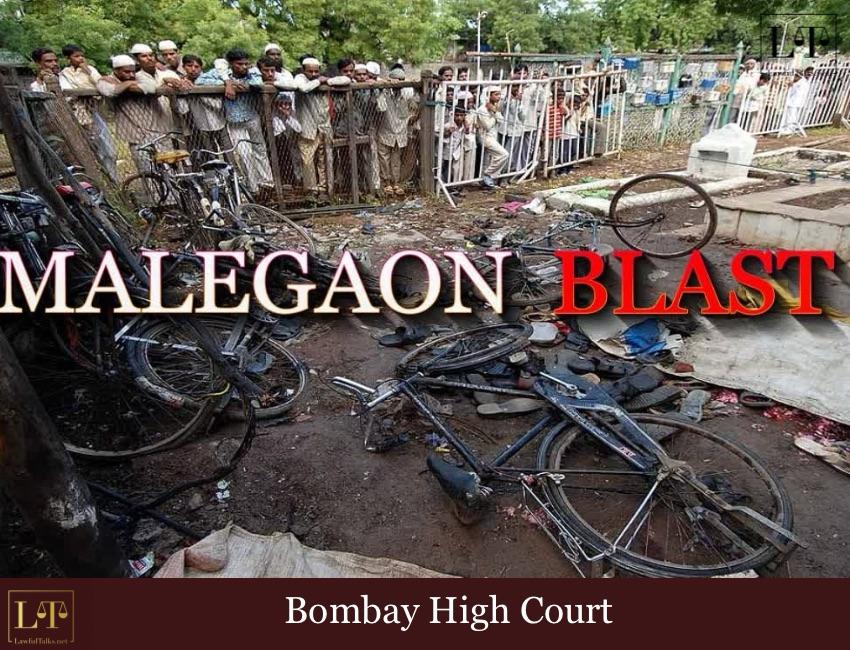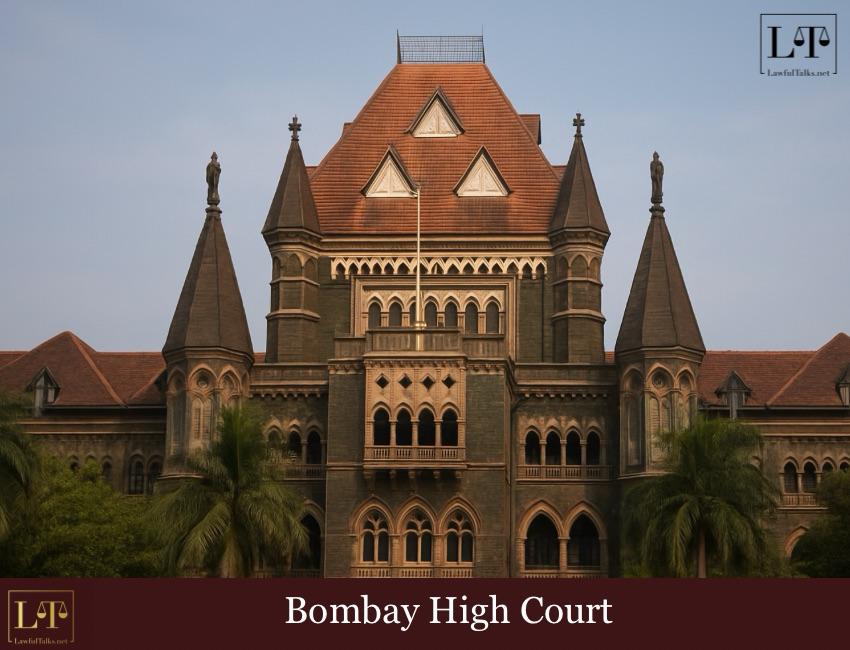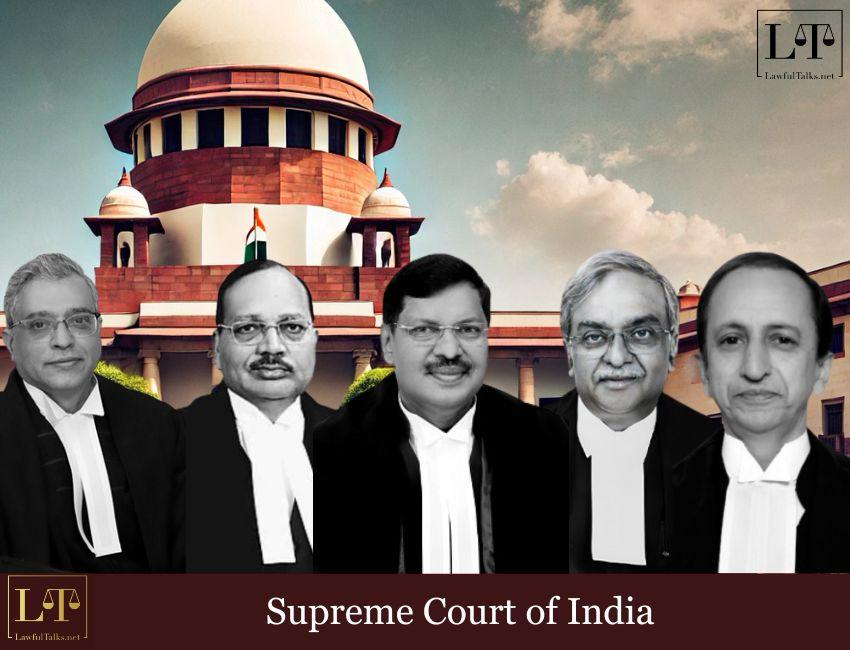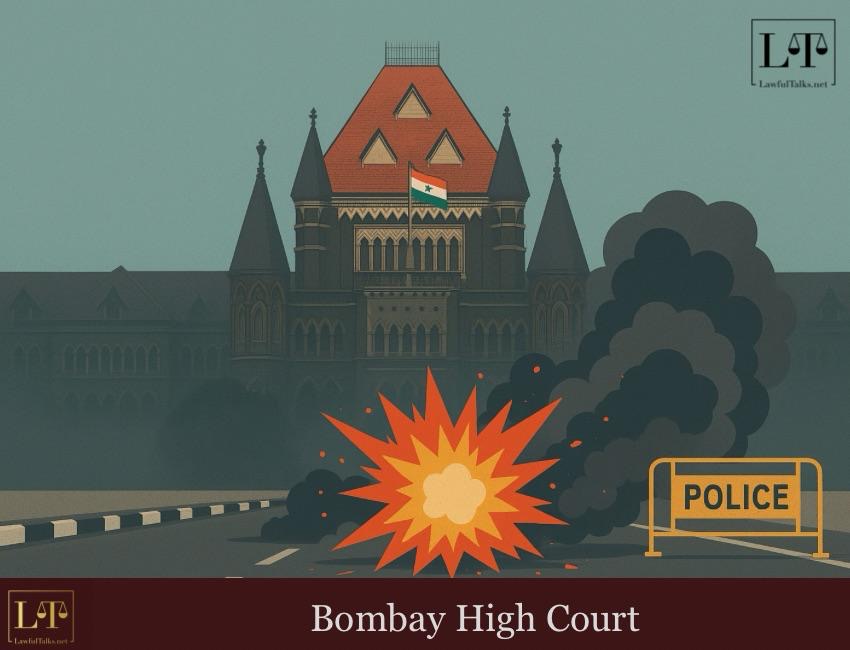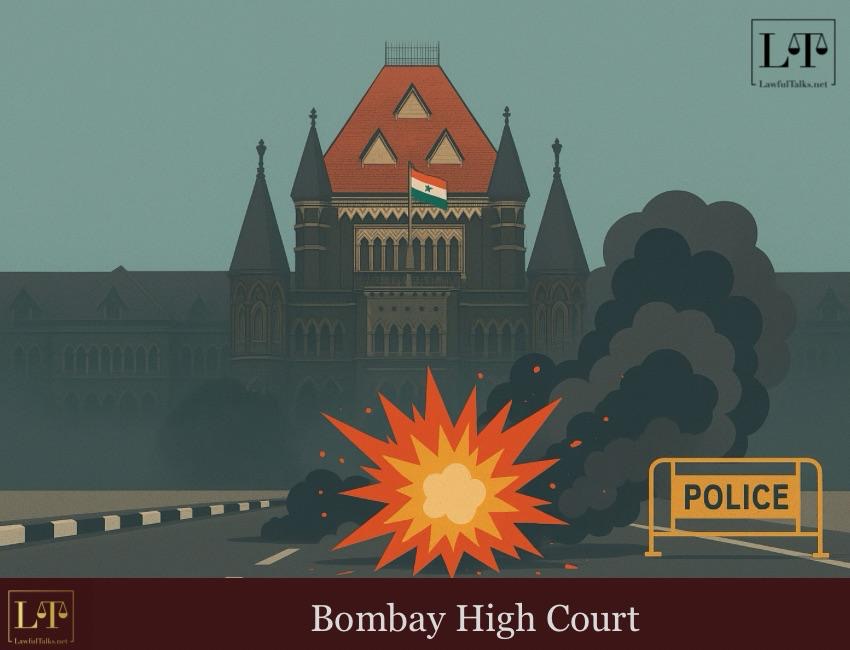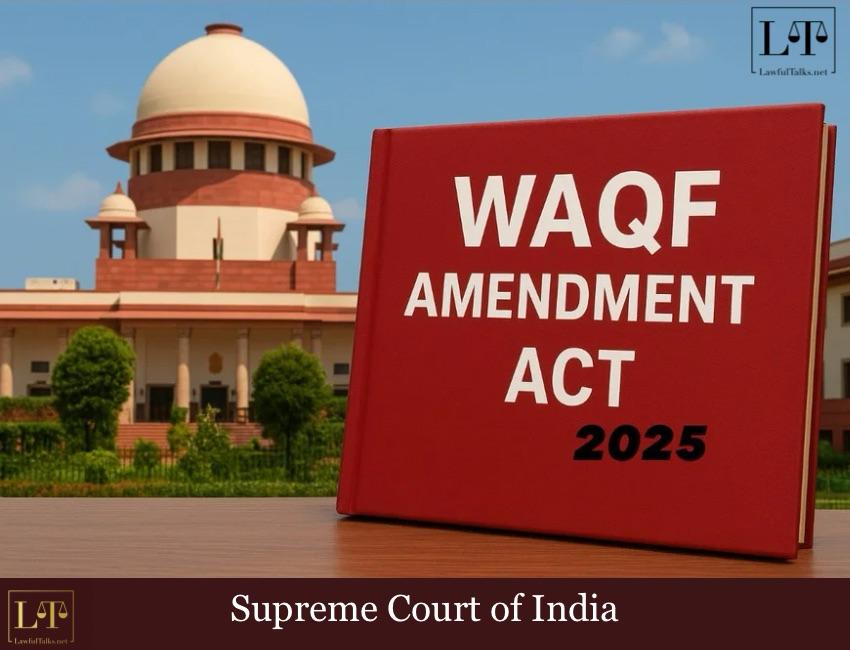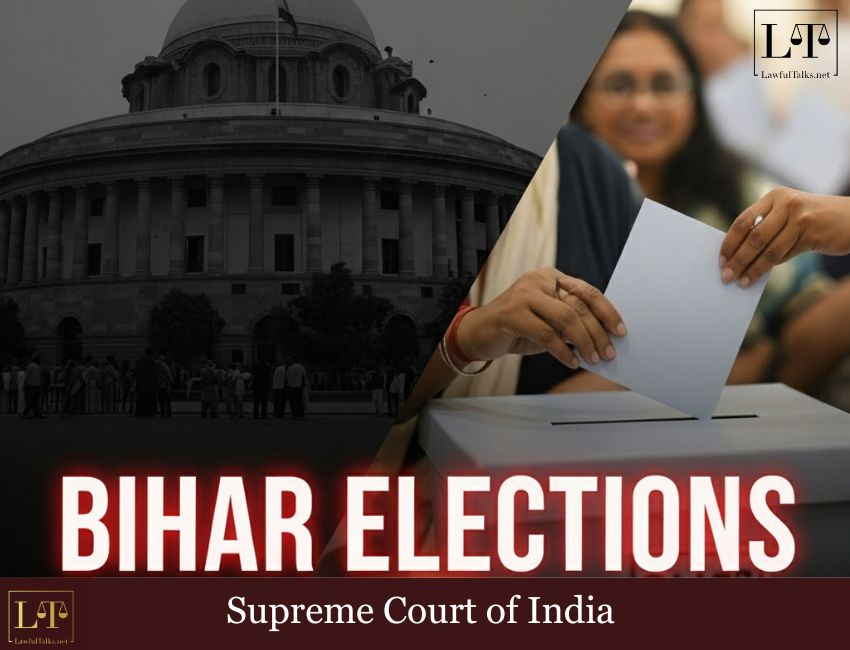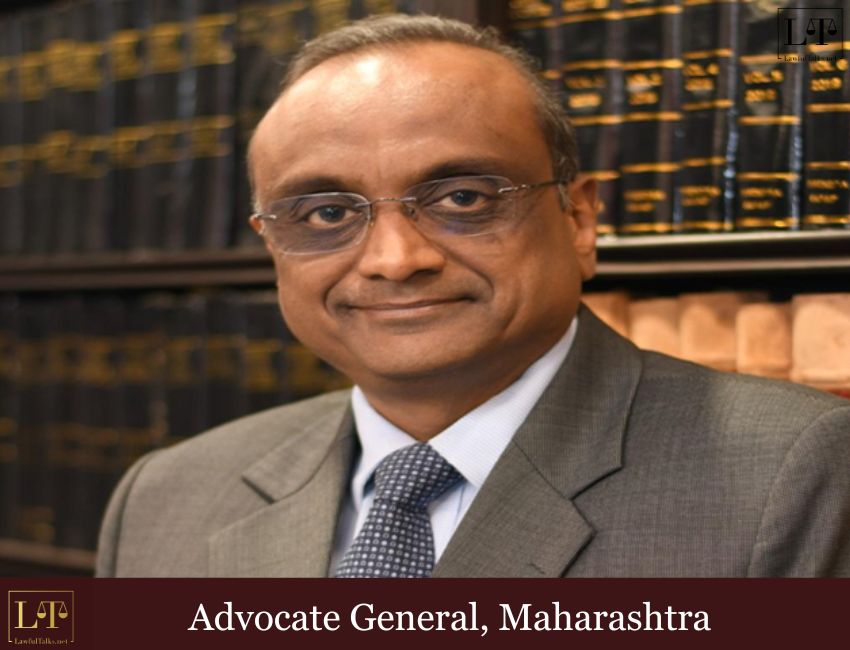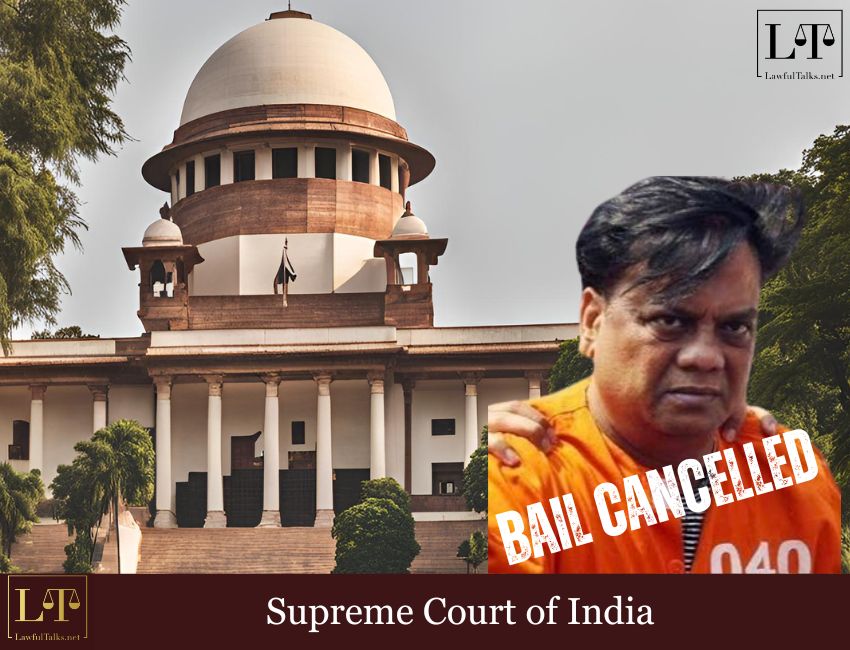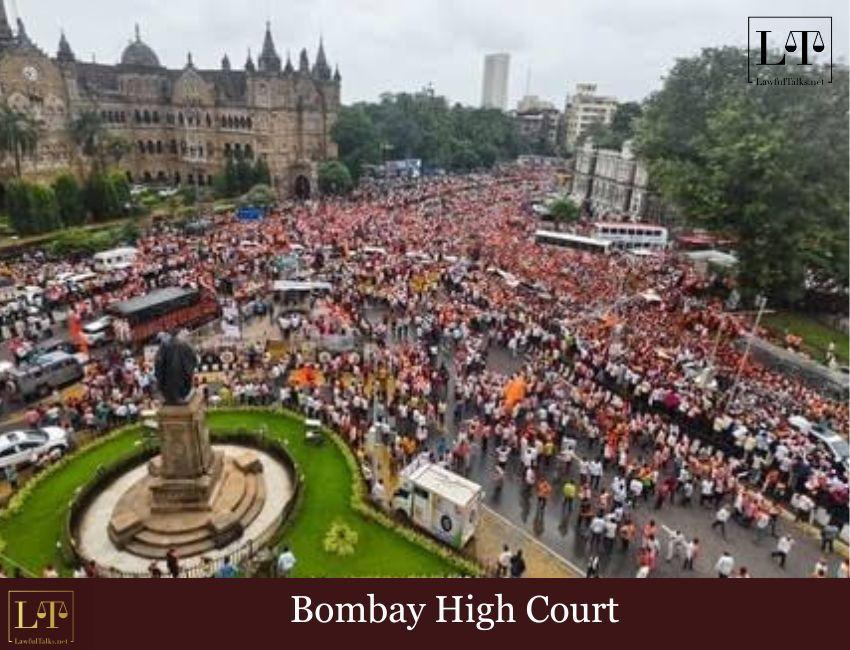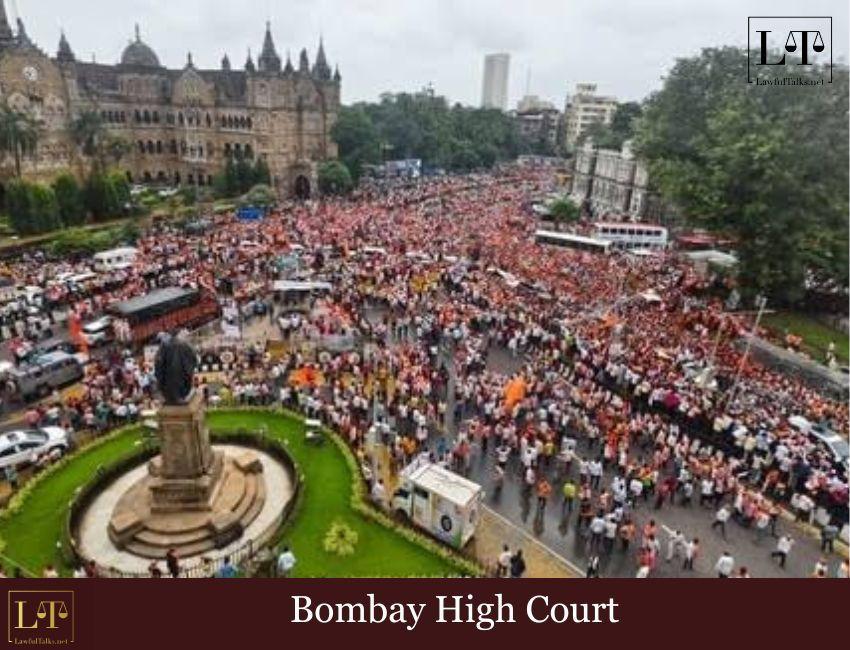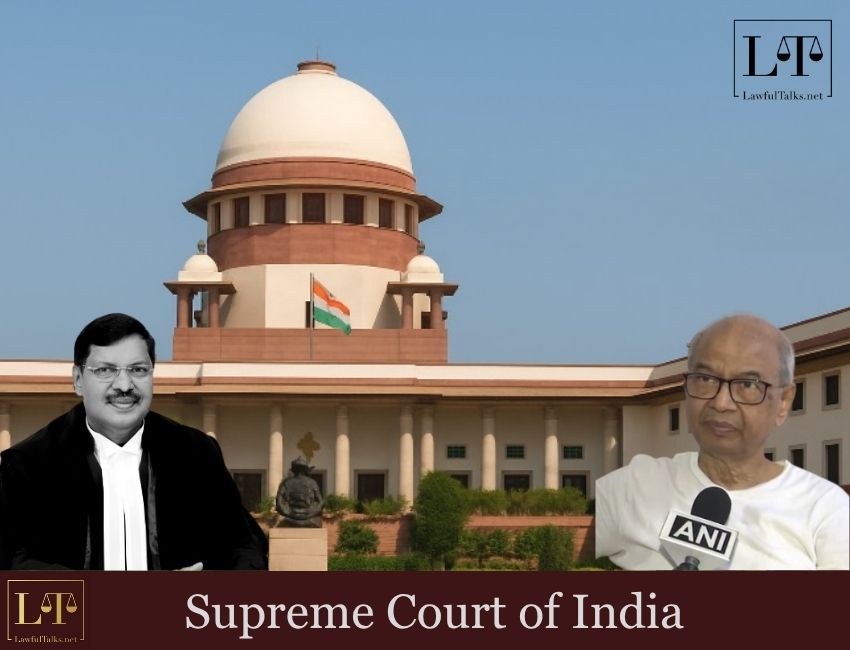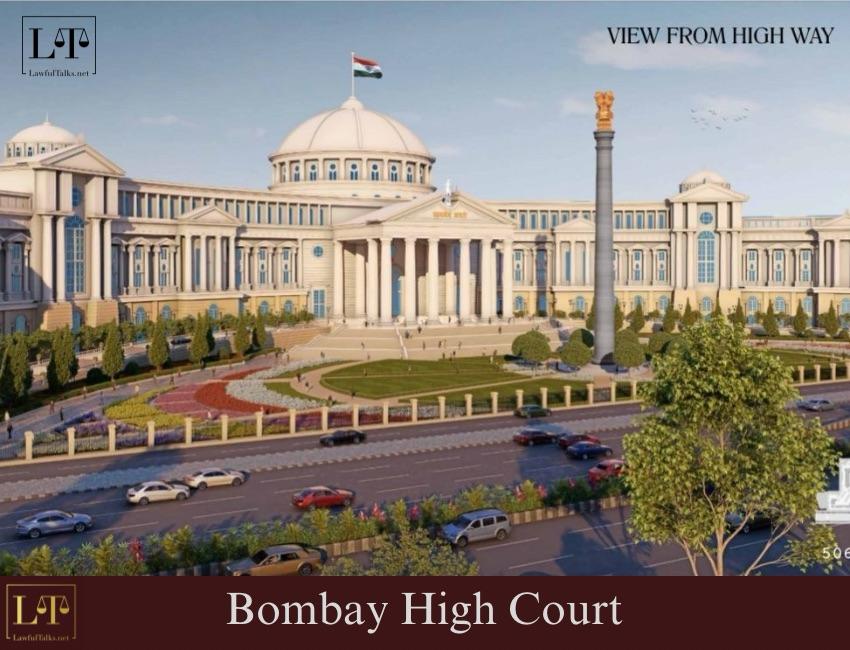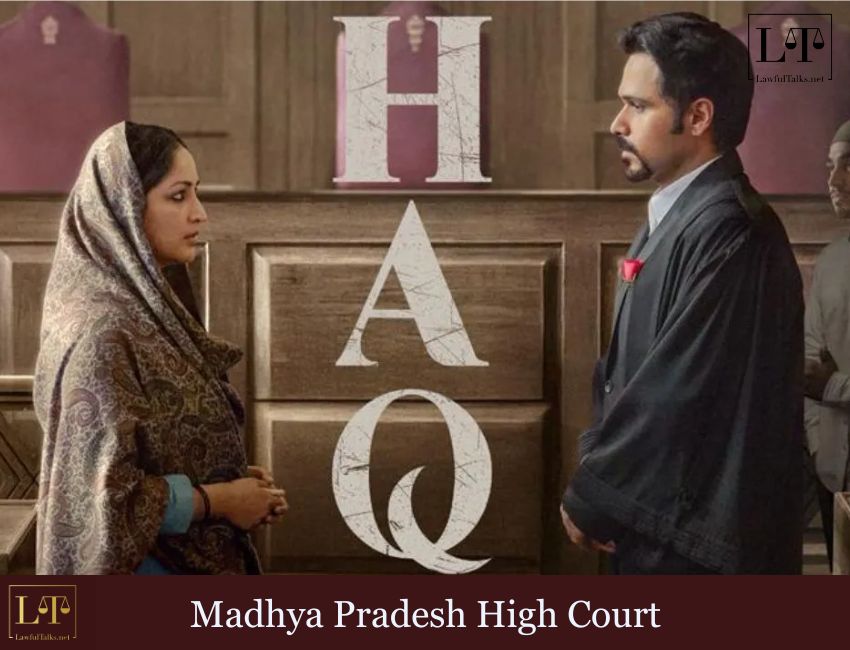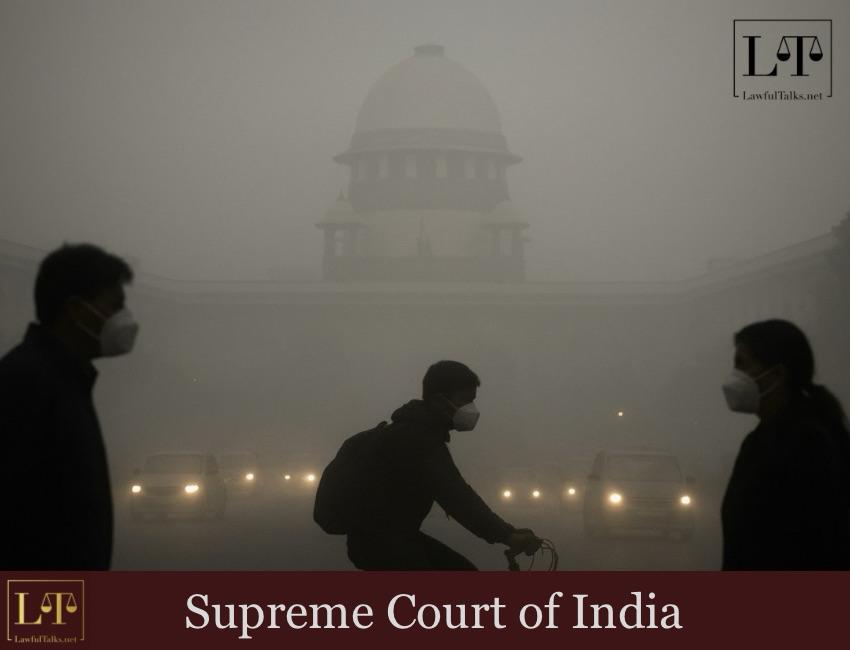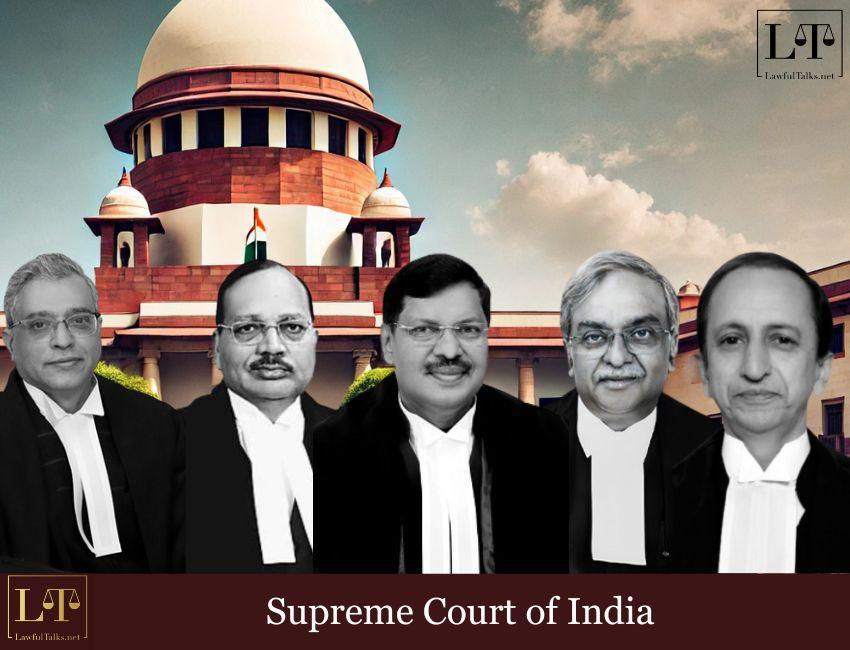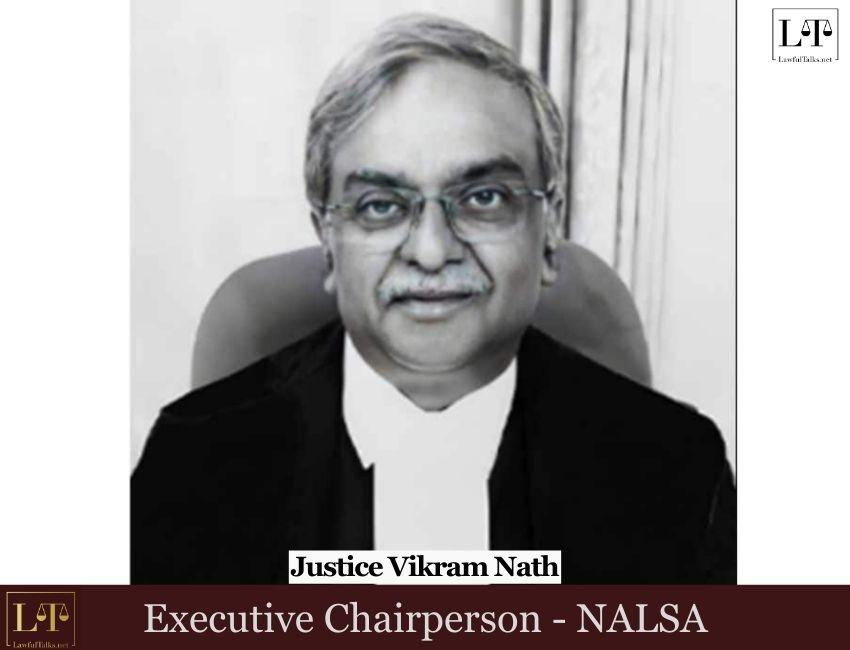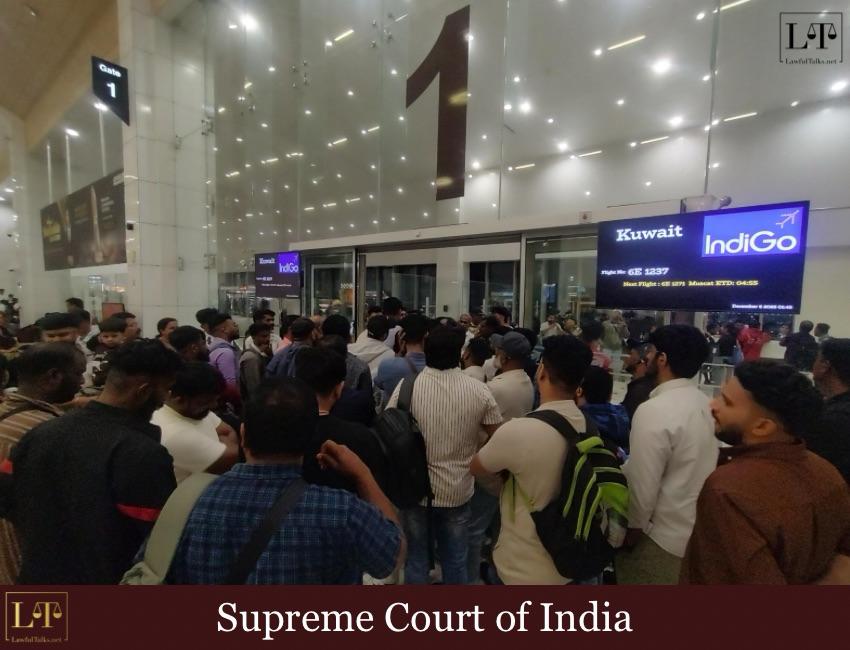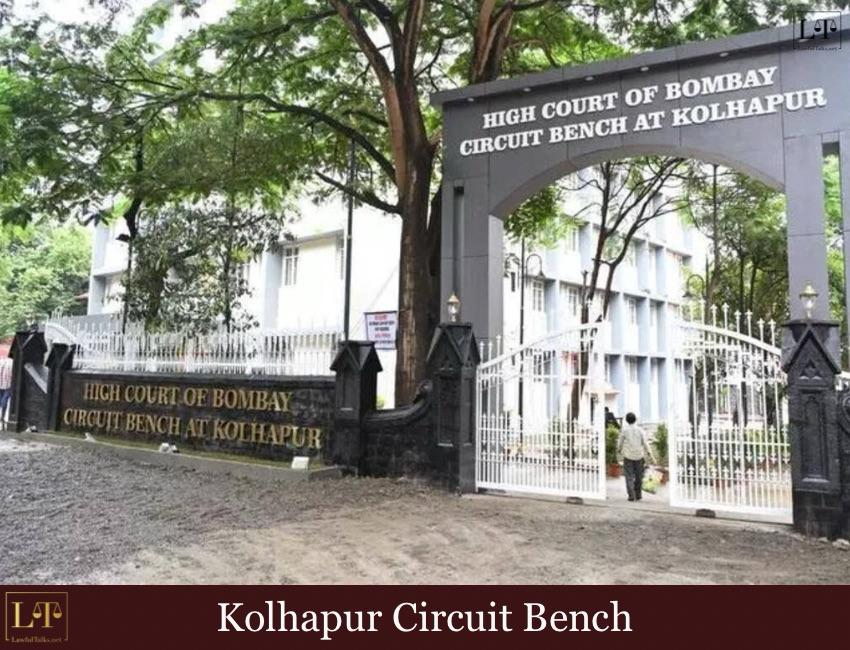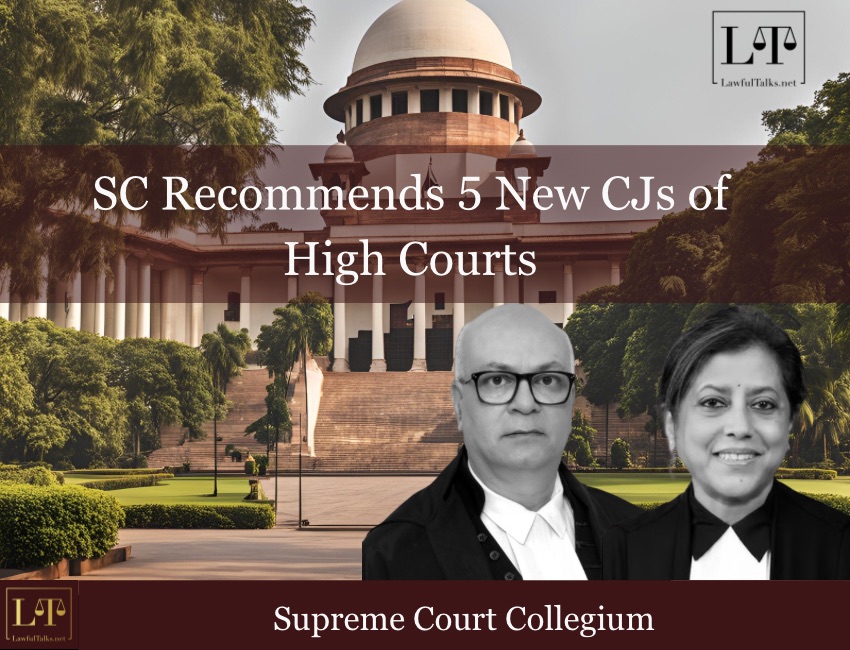Judge Goes Viral for Savagely Putting Rioters in Their Place

In the recent decision dated September 25, 2024, the Bombay High Court single bench comprising Justice Milind Jadhav, while disposing of the matrimonial dispute, very aptly brought to light the grievances regarding the provision of legal aid to litigants and also about the Compensation structure for the Legal Aid Advocates in the state of Maharashtra.

The judgement throws light on the plight of lawyers who provide legal services through the Maharashtra Legal Services Authority and the disparity in their remuneration.
The Indian Constitution, under Article 39A, ordains the state to provide free legal aid so that justice is not denied to any citizen owing to economic or other disabilities. The Legal Services Authorities Act, 1987, followed this constitutional provision, creating a framework in which free legal aid would be available all over the country and State Legal Services Authority (SLSA) in every state.
The Maharashtra State Legal Services Authority provides legal aid to the indigent litigants in Maharashtra. This scheme includes party representation by Legal Aid Advocates for parties who are not in a position to hire private attorneys. However, these advocates are paid at state-decided rates that are not good enough for the services rendered.
In this case, Advocate Mr. Ajgaonkar was assisting the Court to represent the applicant; he was appointed through Legal Aid. Justice Jadhav noted that the advocate gave a very valuable contribution and commended his efforts. However, a graver issue was raised—the insignificant and meagre payment of fees to Legal Aid Advocates in Maharashtra.
The Court found that, although the Government Resolution stipulated special professional fees as differentiated according to the nature of and the stage at which the hearing takes place—for example, interim orders, the presentation of evidence, and the final hearing—Legal Aid Advocates were paid only a lump sum. In many such instances, the said lump sum was much lower than the minimum provided for in the Government Resolution. This inconsistency has been there despite the open guidelines that clearly ascertain the material satisfaction for the advocates involved in Legal Aid.
The Government Resolution, as released by the Maharashtra government, categorically states the fee structure for advocates involved in legal aid. This scale considers various stages of the legal process, thus allowing the advocates to be paid commensurately with the intricacy and time taken up by the services involved. For instance, a final hearing will be expensive compared to others due to its preparation time and consumed hours. However, in the case at hand, it is noticed that only a small percentage of the prescribed fee had been paid out by these advocates, defeating the purpose of the resolution.
The advocates under the Legal Aid Scheme are expected to be no less committed, valuable, and expert as private advocates, while their recompense often turns out to be too grossly inadequate. Not only does this discourage advocates from taking legal aid cases but it is also threatening to weaken the system of free legal assistance that is an indispensable part of the justice delivery mechanism in India.
A stern note of this issue was taken by Justice Jadhav, who directed the Secretary to the High Court Legal Services Committee with a directive from the Court. The Secretary was directed by the Court to ensure that professional fees as outlined in the Government Resolution are implemented without delay. This is to say that payments to Legal Aid Advocates should be as prescribed based on the type and stage of hearing and not arbitrary lump sum payments they have been receiving.
The court further ordered that these problems be addressed right away, thus much-needed attention to the plight of Legal Aid Advocates. Such a judgment calls for treating Legal Aid Advocates with fairness and dignity in respect of such an important role they play as litigators on behalf of poor clients.
The court goes further in the cause of accessibility to justice since a right to free legal aid stands as a main foundation of the Indian judicial system. That is, no one should be deprived of legal representation on account of a failure of resources. The very pillar, however, is undermined when advocates providing these services are not paid accordingly.
Advocates of legal aid, in many ways, are the first line of defence for generally disenfranchised litigants who may get involved in matters that are intricately complicated and contentious—including matrimonial matters, criminal defence, or civil rights complaints. Such being the situation, if financial constraints discourage the advocates from taking up such cases, the objective of free legal aid, as postulated by Article 39A and the Legal Services Authorities Act, 1987, is torpedoed.
The court further stated,
"Request is made to the Secretary to ensure that the Schedule of fee structure is followed scrupulously and strictly in accordance with law and if any correction is required, the same shall be effected with immediate effect, in accordance with the Schedule of payment."
The court, in finality, directed that a server copy of this order was to be placed before the Secretary, High Court Legal Aid Services Committee, Mumbai for information and necessary action.
Mr. Amey S. Ajgaonkar for Applicant
Mr. Ashok S. Gawai, AGP for State
Mr. Jayesh Gawde for Respondent No. 2
Case Details: Sanjyot Telharkar v. State of Maharashtra, Misc. Civil Application no. 134 of 2024

Sonam Pandey
Law Student






